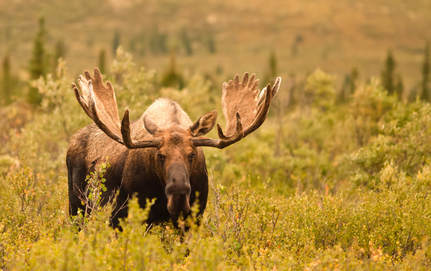Liard First Nation, Watson Lake, Yukon

Year(s) Funded: 2013-2014
Topic Area: Food Security Contact: Tyler Gray, Liard First Nation ([email protected]) Partners: Liard First Nation Website: http://www.kaskadenacouncil.com Title: Traditional Food Security and Climate Change: Liard First Nation Traditional Knowledge for Monitoring and Managing the Moose Harvest
Action: Community members were invited to participate in a two day workshop in order to collect and share traditional knowledge regarding moose and climate change. The workshop was well attended with 48 participants over the two days. Ideas for how the community can move into the future while continuing to hunt and eat moose were discussed and future research priorities were identified. If the moose harvest is vulnerable to a changing northern climate, then the health of LFN citizens is as well. Consequently, security of this important traditional food staple is improved if LFN members and wildlife managers can detect and adapt to changes in moose life history timing, habitat use, movement patterns or any other aspect that is influenced by change a changing climate. Results: The workshop produced the disturbing observation that many families are now lucky to get a moose. A very large concern was that there are many non-local hunters coming in and taking moose. Many of the participants were not satisfied with wildlife management practices and would like to be included in the management practices within the traditional territory. There were participants who had recently observed moose carcasses found with only the heads cut off, and the meat left for waste. This evidence of trophy hunting is very difficult for Kaska hunters to understand because of the deeply held beliefs about the value of moose for the meat and hide, as well as the intrinsic value of the moose as a being worthy of respect. Outputs: Through the development of this project, a survey was designed that would allow for a better statistical analysis of moose harvest data and community awareness about climate change. There was also an app platform proposed for development that would allow youth to conduct the surveys through tablets or smart phones, and allow for video and audio recordings of Elders to be digitized. |
